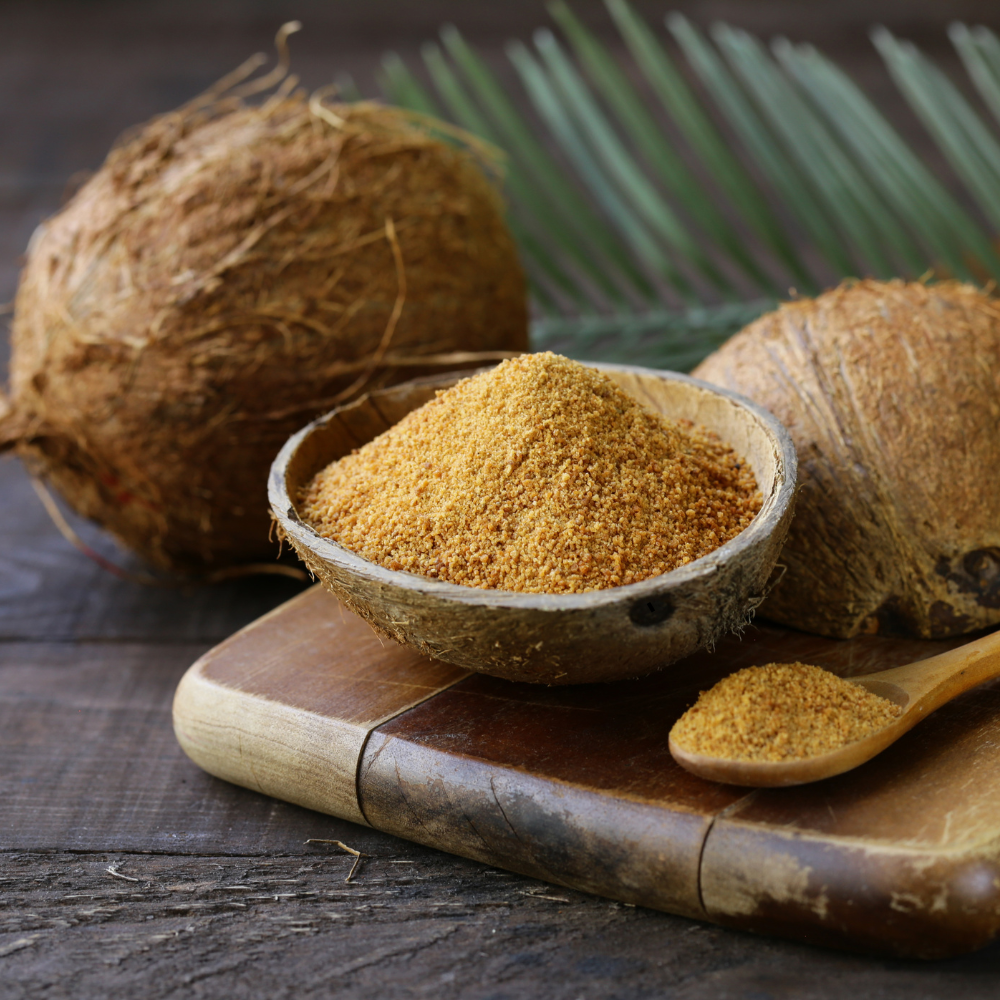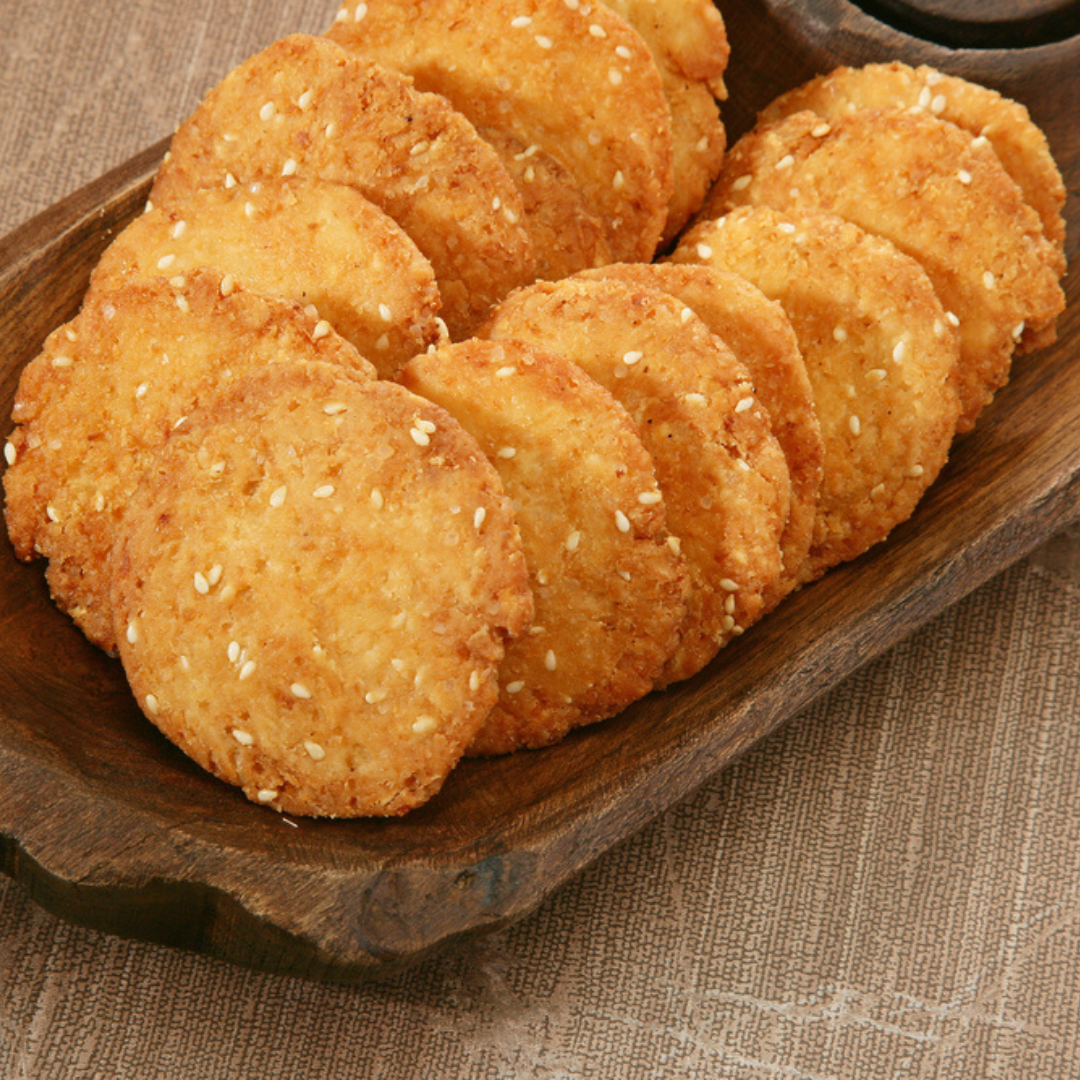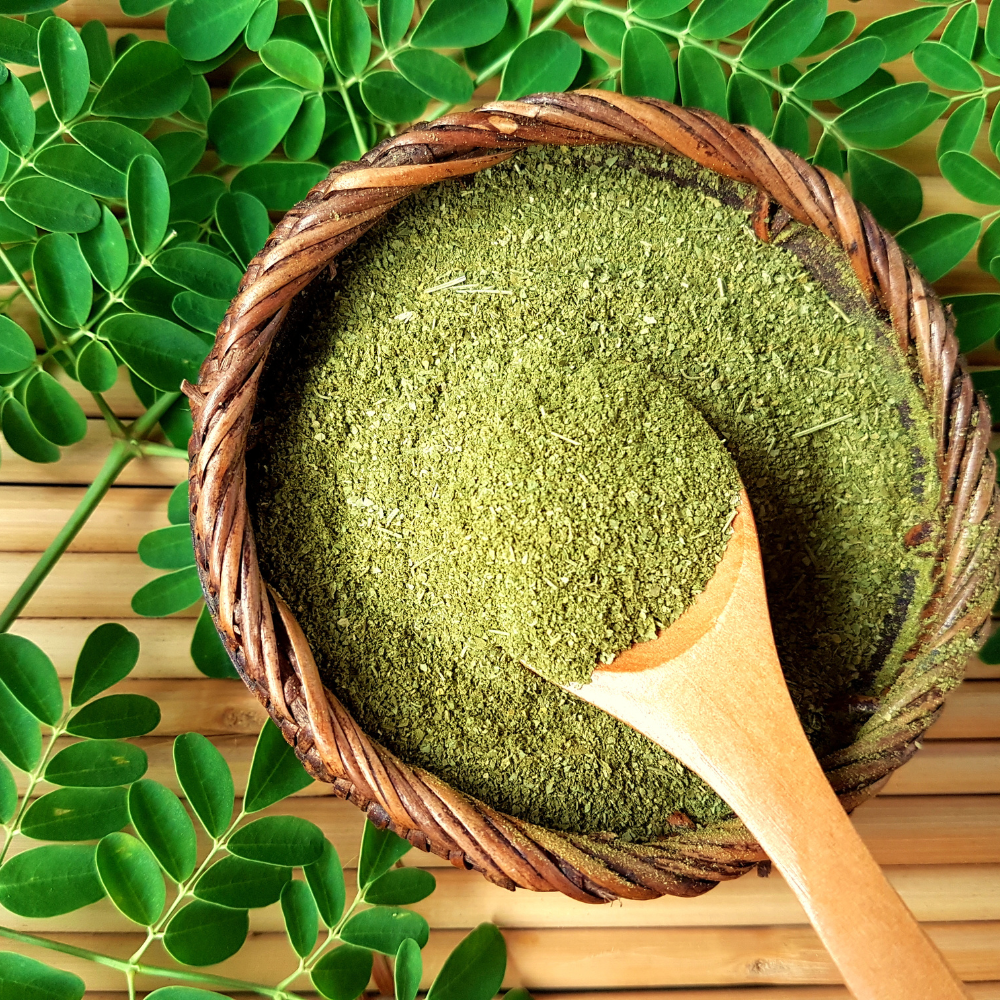There’s something timeless about sweetness. It marks celebrations, comforts us during quiet evenings, and connects us to family recipes passed down over generations.
But over time, we’ve also become more thoughtful about the choices we make in the kitchen — especially when it comes to sugar. And for those looking to enjoy sweetness more mindfully, coconut sugar offers a gentle, balanced option rooted in tradition and simplicity.
It’s not just a sugar substitute. It’s a sweetener that brings something more — flavour, depth, and a story of how food can nourish in more ways than one.
What Is Coconut Sugar?
Coconut sugar is made from the sap of coconut palm flower blossoms, not the fruit. The sap is carefully collected and slowly heated until it thickens and crystallizes into golden-brown granules.
This method — still practiced in parts of Southeast Asia and southern India — retains the ingredient’s natural character. The result is a mildly sweet sugar with warm, caramel-like notes that blend beautifully into both sweet and savoury recipes.

Why Coconut Sugar Is a Better Choice
Coconut sugar offers a more rounded kind of sweetness — one that fits into your kitchen without overpowering your meals or your health goals.
Here’s why more home cooks and chefs are making the switch:
-
Lower Glycemic Index
coconut sugar causes a slower rise in blood sugar compared to regular white sugar — making it a steadier choice for energy. -
Retains Natural Nutrients
Because it’s minimally processed, it preserves small amounts of iron, potassium, zinc, calcium, and inulin, a prebiotic that supports digestion. -
No Refining, No Bleaching
It’s made without chemicals or additives — just traditional slow heating that allows the sap to crystallize naturally. -
Full of Flavour
The taste is gently sweet with notes of caramel and toffee, making it a flavourful upgrade in many recipes.
A Quick Comparison: Coconut Sugar vs Refined Sugar

How to Cook with Coconut Sugar
Coconut sugar is easy to incorporate into your routine. Whether you're baking a cake, making your morning tea, or preparing a festive sweet, it slides into the recipe with warmth and ease.
Use It in Your Daily Cup
Add it to your chai or coffee for a smoother, rounded sweetness. Many prefer it in masala chai, where its caramel notes pair beautifully with spices like cardamom and ginger.
Cook Traditional Indian Sweets
From halwas and laddoos to payasam and puran poli, coconut sugar brings a slightly deeper flavour and golden hue that complements the richness of ghee and flours.
Bake with It
Use coconut sugar in banana bread, cookies, crumbles, and cakes. It works especially well in recipes with cinnamon, chocolate, or nuts. Just note that it retains moisture, so baked goods may be softer and chewier — in the best way.

Add a Pinch to Savoury Dishes
Balance spice and acidity in stir-fries, sambhar, peanut chutney, or tamarind gravies with a small spoon of coconut sugar. It rounds off sharp flavors without feeling sugary.
A Kitchen Staple You Can Trust
When choosing coconut sugar, it’s important to look for purity and quality — sugar that’s free from anti-caking agents, not overly processed, and harvested using natural methods.
That’s why many home kitchens now keep a pack of minimally processed coconut sugar on hand — not as a diet choice, but as a small step toward better, more thoughtful cooking.
At Zama, we offer GI-certified coconut sugar harvested from naturally grown coconut palms and made using age-old methods. It’s gently dried, never refined, and packed to retain its natural aroma and nutrients. Ideal for everyday use, whether you're cooking for yourself or the whole family.
Final Thoughts: Sweetness with More to Offer
Coconut sugar invites us to think differently about how we sweeten our food. It’s not about cutting sweetness out — it’s about adding more care to the kind of sweetness we choose.
With its warm flavor, natural origin, and thoughtful production, coconut sugar brings you closer to the kind of cooking that’s honest, balanced, and rooted in tradition.
Thoughtfully Made Coconut Sugar, Available at Zama
Naturally sweet. GI-certified. Slow-crafted.
A simple switch — for sweetness that feels better in every way.
FAQs
Q: Can coconut sugar be used every day?
Yes, it’s a great option for daily use ,whether in tea, porridge, or cooking. It adds flavour and balance without overwhelming the dish.
Q: Does it taste like coconut?
Not at all. The sugar comes from the flower sap, not the fruit. It has a flavor closer to mild jaggery or caramel.
Q: Can I use it in Indian sweets?
Absolutely. It works well in laddoos, sheera, payasam, kheer, and other homemade treats — adding both color and depth.
Q: How does it compare in sweetness to white sugar?
It’s slightly less sweet, so you may need a touch more in certain recipes. But the flavor it adds is far more layered and rich.




